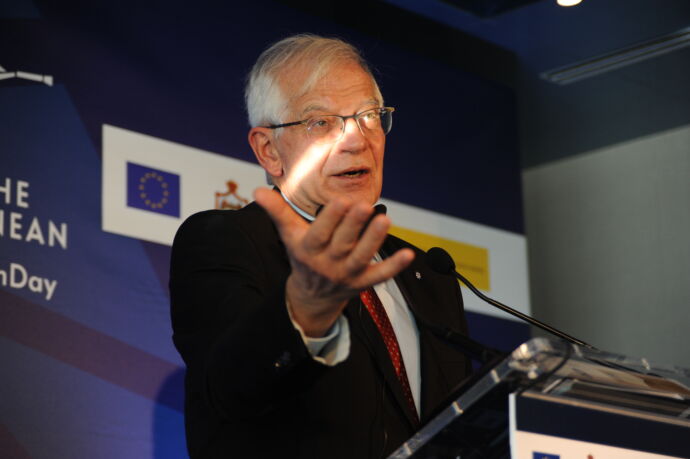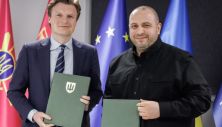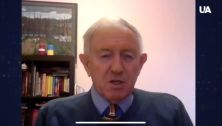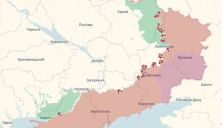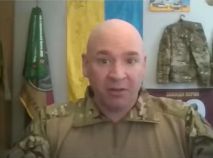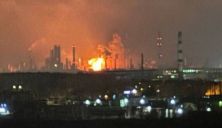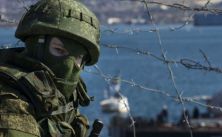The conflict on Ukraine’s border is on the verge of getting deeper, EU High Representative for Foreign Affairs and Security Policy Josep Borrell has said.
He stated this at a press conference on Wednesday, January 5, following his visit to the contact line in eastern Ukraine, according to an Ukrinform correspondent.
“This is a good moment, because the geopolitical landscape is changing very quickly, and the conflict in the border of Ukraine is also on the verge of getting deeper. Over the next days, we are going to have an informal Council of Foreign Affairs and an informal Council with Defense Ministers, and the conversations between Russia, [the] U.S. and NATO are going to start. This is a critical moment and I think it was the right moment to come, even if the weather conditions were not the best to visit this part of Ukraine,” Borrell said.
He noted that during the trip he had an opportunity to witness the consequences of this dramatic conflict that has lasted for almost eight years. “This conflict has dramatically changed the lives of people. We see a lot of destinies destroyed. We see families divided on both sides of the contact line and obstacles to access basic services, to live and to work; apart from the lives of the soldiers that have been killed along the contact line in this low-density war that has cost too many human lives,” he said.
“I am impressed by the work of many people – international organizations, NGOs and, certainly, the Ukrainian Government – to facilitate the transfer of people, to receive basic services, to do the administrative demarches, and to visit their relatives on one side and the other,” Borrell said.
Read also: Borrell: No decisions about Ukraine without Ukraine
He reiterated that the European Union is the most reliable partner of Ukraine that supports its sovereignty, independence and territorial integrity. “We have been providing political, financial and economic support, over EUR 17 billion since the takeover of Crimea by Russia. Our Association Agreement is the most comprehensive agreement that the European Union has with any other third country in the world,” Borrell said.
“The conflict in the borders [of Ukraine] is on the verge of getting deeper and tensions have been building up with respect to the European security as a whole. Russia has been massing troops and weapons in an unusual manner around the Ukrainian borders. This process has happened very quickly. […] When President Biden and President Putin met in Geneva, it was assumed that the U.S. and Russia where in a process of building lines of communication. And we, the Europeans, were mainly listening to these contacts between Russia and the U.S. But now, everything is different,” the EU High Representative said.
Borrell stressed that he had never objected to the need for talks between Russia and the United States, but added that when it comes to European security, the talks should be held with the participation of Europe and Ukraine, as many issues on the agenda are directly related to Ukraine.
“If Russia wants to talk, certainly it has to be an organized dialogue. […] It would not be a good idea to refuse the dialogue that Russia is asking for. But, if the Russians are really willing to talk about the security in Europe, then the Europeans have to be part of it. Next week, we are going to have the Gymnich meeting, the informal meeting with the Foreign Affairs and Defense Ministers of Europe, where we are going to discuss the way in which we are going to have our say in these talks, through coordination with the U.S. and talking with the Russians. Like it or not, they will have to talk with us,” Borrell said.
Borrell is on a visit to Ukraine on January 4-6 at the invitation of Ukrainian Foreign Minister Dmytro Kuleba. On January 5, the Ukrainian and EU foreign policy chiefs visited the contact line in Luhansk region, where they got acquainted with the current security situation in the area of the Russian-Ukrainian armed conflict.

